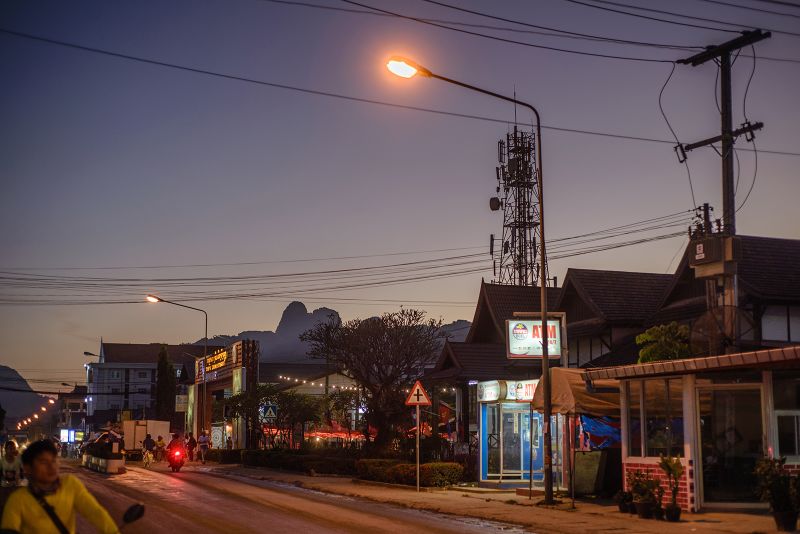In the vibrant Southeast Asian country of Laos, a darker narrative has emerged alongside its picturesque landscapes and rich cultural heritage. The death of an Australian backpacker has raised alarm across the globe, driving countries to issue warnings about suspected methanol poisonings in the region. This unfortunate incident has sparked concerns about travel safety and highlighted the potential risks associated with the consumption of local alcoholic beverages.
The late Australian backpacker was reported to be in his early twenties, a prime age for adventure and exploration. Like many travelers, he embarked on his journey seeking immersion into new cultures and experiences. His tragic death, however, demonstrates the potential dangers lurking in even the most unsuspecting places.
Methanol, the substance suspected to have caused the Aussie’s fatal poisoning, is a highly toxic form of alcohol. While it is primarily used industrially to make formaldehyde and certain types of antifreeze, it is occasionally found in homemade or illegally produced liquor. The reason for this is economic: methanol is significantly cheaper than its less-toxic cousin, ethanol, which is the type of alcohol typically found in beverages. Unscrupulous or uninformed brewers sometimes use methanol as a cost-cutting measure, often with devastating consequences.
Consumption of methanol, even in small amounts, can lead to severe health problems such as blindness, kidney failure, and in the most serious of incidents, death. Its effect is swift, and symptoms may start to show anywhere from a few hours to a few days after ingestion. Despite its dangers, methanol has no taste or smell, making it near impossible for consumers to detect it in their drinks.
In Laos, a popular destination among adventurous travelers and backpackers, local homebrews are common. These include lao-lao, a whisky-style spirit, and rice based alcoholic beverages. While these drinks are part of the culinary fabric of the country and can be great ways to authentically experience Laotian culture, there may be unsafe practices involved in their production. It is suspected that some of these local brews may be cut with methanol, leading to the poisoning incidents observed.
In response to the alarming circumstances surrounding this recent death, governments worldwide are advising their citizens to exercise caution when consuming local alcoholic beverages in Laos. The Australian government has updated its travel advisory for Laos, warning about the dangers of methanol poisoning from local alcohol. Other countries, such as the UK and US, have followed suit.
Specifically, travelers are being advised to stick to commercially produced alcoholic beverages, which are less likely to be contaminated with methanol. They also need to remain vigilant when purchasing alcohol, especially outside of reputable restaurants and bars.
The impact of this tragic incident is indeed a serious blow to Laos’ tourism. To ensure its continued growth and the safety of its visitors, it is crucial that constructive dialogues about the safety standards of local alcohol production take place. Collaboration between the Laotian government, local producers, and consumer education are vital in preventing further methanol poisoning incidents.
This unfortunate incident underscores the importance of travel safety and responsible consumption of alcohol. It’s a sobering reminder that adventurous travel, while full of excitement and cultural enrichment, also comes with risks. Therefore, vigilance, research, and taking heed of travel advisories are essential components in ensuring an enjoyable and safe overseas experience.




